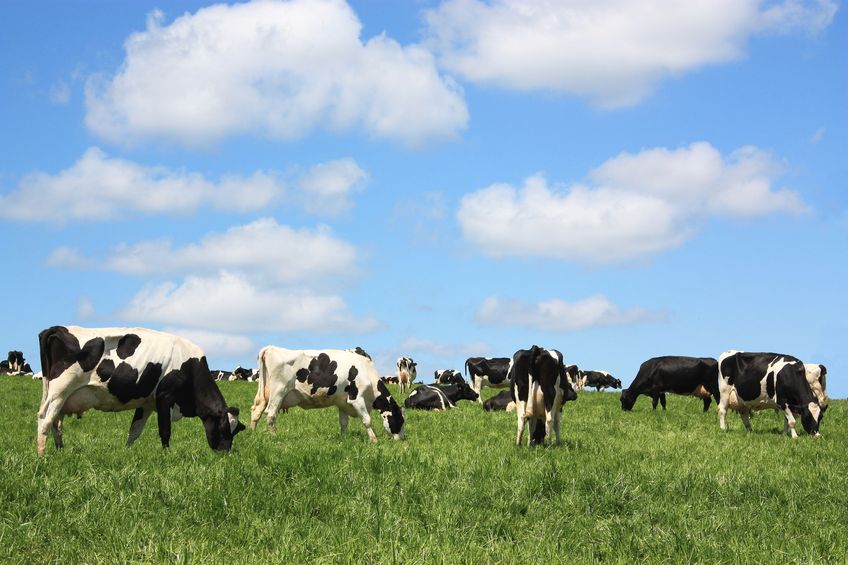
The European Milk Board (EMB) has demanded the European Union to organise voluntary restraint on supply "properly," saying it is the "only way to stablise the market."
The centrally co-ordinated voluntary restraint on supply open to every EU producer hits overproduction at the source; on the production level.
"It was high time the EU decided on an effective instrument," the Board said.
Measures like the first package of 500 million euros and the increase in intervention and private storage "had done nothing to help the market"; farm-gate prices for milk became "increasingly removed" from a cost-covering level.
"That is why tens of thousands of producers have already given up milk production, and many production regions are on the verge of disappearing from the map," the Board said.
European Milk Board's recommendations
The EMB has called on the EU to use more than the planned 150 million and possibly some of the 350 million euros.
They call on every government to make extra funds available for the restraint on supply.
And capping every country’s production volume during the reduction period, meaning no country is allowed to increase volumes in this period.
The Board said this will enable the total volume to be limited without the EU incurring any financial costs, and the requisite active reduction the voluntary restraint on supply would produce to be limited to a smaller dimension.
The EMB calls on the EU Ministers for Agriculture and the EU Commission to organise or supplement the voluntary restraint on supply in such a way that the market can be "adequately stabilised."
"The aim is to reduce production, and this can only be achieved with a properly applied voluntary restraint on supply.
"There are also other additional, not alternative, instruments that could help some countries.
"The time for experiments and the erosion of added value in agriculture by erroneous export strategies is over; because farms, agriculture and rural regions cannot take any more," the EMB concluded.
